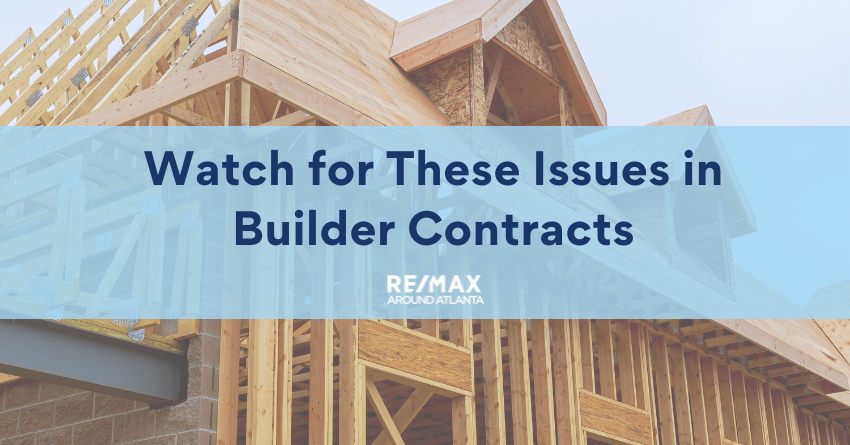|
Lately, we have been seeing sellers that want to terminate a binding contract that should be headed for a closing. If it happens to you, this is good information to point out to your sellers. Remember, don’t give legal advice. Just point out the contract provisions below.
There are, indeed, substantial risks to the seller. The GAR Purchase and Sale Agreement, once fully executed and binding, is a firm contract with clear terms, duties and performance responsibilities of both parties. If there are no remaining contingencies or conditions that would prevent closing, the seller is obligated to sell and the buyer is obligated to buy. A seller who then chooses to terminate, is in default of the Agreement. The consequences of a default by a seller are detailed in the GAR Purchase and Sale Agreement on page 5, Paragraph 2. Default. There are include Buyer Remedies, Broker Remedies and Attorney’s fees. The relevant language is copied here. Paragraph 2. Default b. Remedies of Buyer: In the event this Agreement fails to close due to the default of Seller, Buyer may either seek the specific performance of this Agreement or terminate this Agreement upon notice to Seller and Holder, in which case all earnest money deposits and other payments Buyer has paid towards the purchase of the Property shall be returned to Buyer following the procedures set forth elsewhere herein. c. Rights of Broker: In the event this Agreement is terminated or fails to close due to the default of a party hereto, the defaulting party shall pay as liquidated damages to every broker involved in this Agreement the commission the broker would have received had the transaction closed. For purposes of determining the amount of liquidated damages to be paid by the defaulting party, all written agreements establishing the amount of commission to be paid to any broker involved in this transaction are incorporated herein by reference. The liquidated damages referenced above are a reasonable pre-estimate of the Broker(s) actual damages and are not a penalty. d. Attorney’s Fees: In any litigation or arbitration arising out of this Agreement, including but not limited to breach of contract claims between Buyer and Seller and commission claims brought by a broker, the non-prevailing party shall be liable to the prevailing party for its reasonable attorney’s fees and expenses. The potential costs of a seller default are significant. In this very strong seller’s market, a buyer has multiple reasons to elect to sue for specific performance: the uniqueness of the property, low inventory of similar homes in the market, difficulty of winning another house and rising home prices. Should an action for specific performance be successful, not only would the seller be forced to sell, the seller would also be required to pay the buyers’ attorney fees and expenses of litigation. Fees for both the seller’s and the buyer’s attorney fees can be extremely enormous. Litigation counsel can charge $500 or more per hour. If the parties decide to settle rather than litigate, the settlement can be extremely high as well. We recently had a seller termination in which the buyers and sellers settled in lieu of a suit for specific performance for $200,000. In this market, it is unlikely that the buyer will walk away with only the return of earnest money. As stated in Paragraph c. (above), full listing and seller broker fees are also owed by the seller that defaults. Seek the Advice of Outside Counsel Always encourage a seller considering a default by termination to seek their own legal advice before moving forward. Our experience is that outside counsel will agree and help you get the transaction back on track!
0 Comments
Leave a Reply. |
RMAAReal Estate News, Brokers Blog & More Categories
All
Archives
July 2024
|


 RSS Feed
RSS Feed